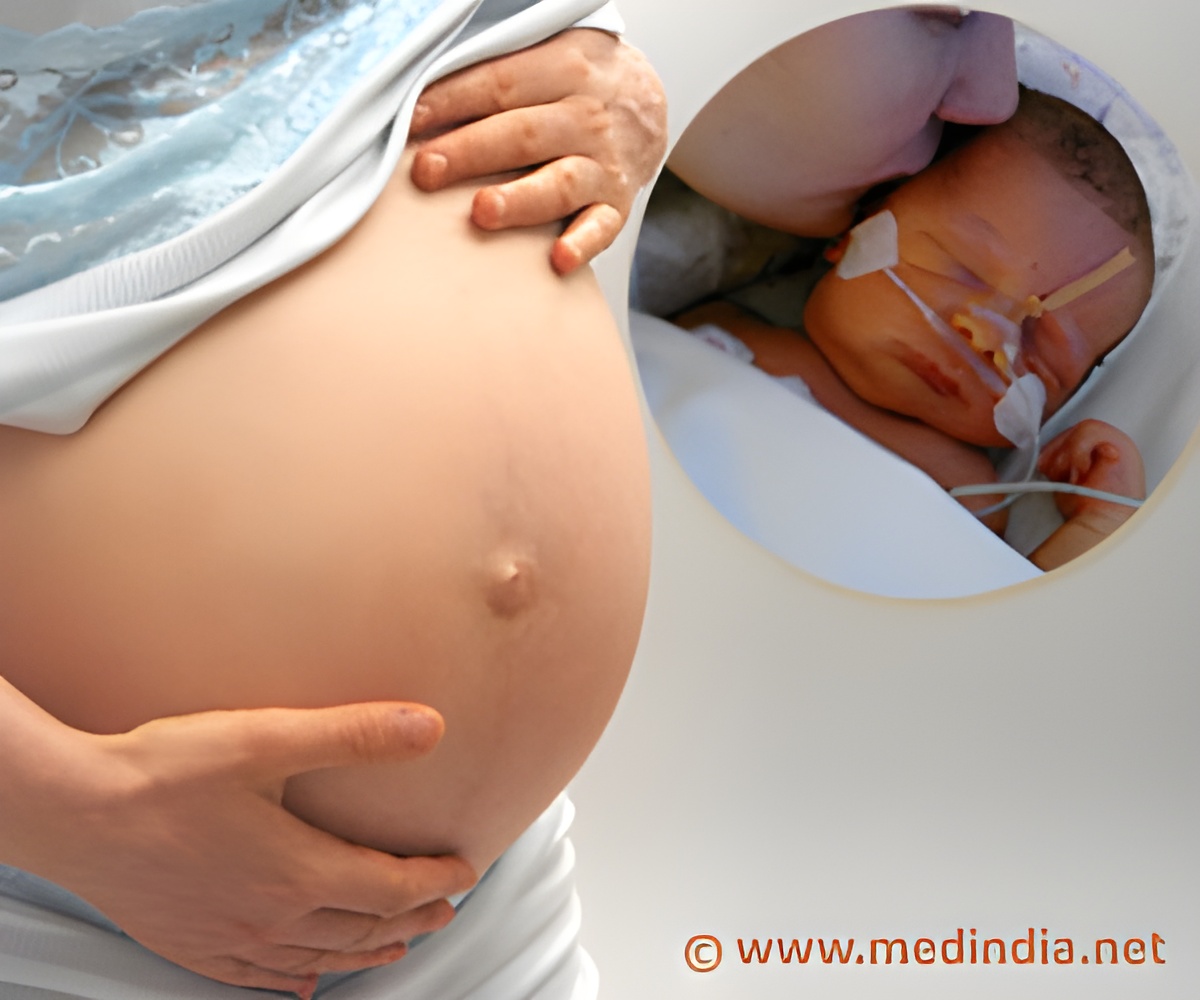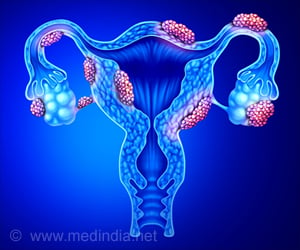Women who naturally conceive a child after the age of 33 are much more likely to live longer than their peers, a new study finds.

“We think the same genes that allow a woman to naturally have a kid at an older age are the same genes that play a really important role in slowing down the rate of aging and decreasing the risk for age-related diseases, such as heart disease, stroke, diabetes and cancer,” said Thomas Perls, one of the lead authors and a geriatrics professor at Boston University Medical Center.
Women who conceived their last child between ages 33-37 without using any infertility treatments or drugs have great possibilities of becoming the oldest of old ladies.
The Boston University School of Medicine study findings coincide with findings of other studies that laid focus on the association between maternal age at birth of last child and exceptional longevity. Living until 95 or older is what is considered to be exceptional longevity by researchers.
All study findings share one thing in common, that is, sturdy women who are genetically predisposed to live longest first exhibit their physical fitness by staying fertile for several years.
The latest study on late motherhood and longevity was carried out on a large group of 4875 people from 551 families in the United States and Denmark.
Advertisement
The study made a comparison between women who had their last child at 29 years of age and those who bore a child after 33 or more.
Advertisement
Especially, women who had their last child between ages 33-37 had an edge over other women from the beginning in the longevity race. They were nearly 2.08 times likely to live to an exceptionally old age. Those women who bore a child after 37 years of age were 1.92 times likely to survive that long.
The study also throws light on some evolutionary benefits bestowed on women capable of mothering late in life. This in turn brings benefits to her children since she is available at their disposal for providing care. Her grandchildren also reap the benefits of her robust health.
Earlier studies have suggested that genes contribute to nearly 20% of an individual's chances of surviving late into his or her 80s whereas nutrition, predators, toxins and protective elders contribute to the rest 80%.
Notably, the genes linked to healthy births after 33 are not necessarily the same in all women.
Also, purposefully postponing births to older age does not guarantee increased life spans.
The fact is that the risks of pregnancy-related complications are higher as the age of the child birth increases.
The study was reported in Menopause: The Journal of the North American Menopause Society.
Source-Medindia









